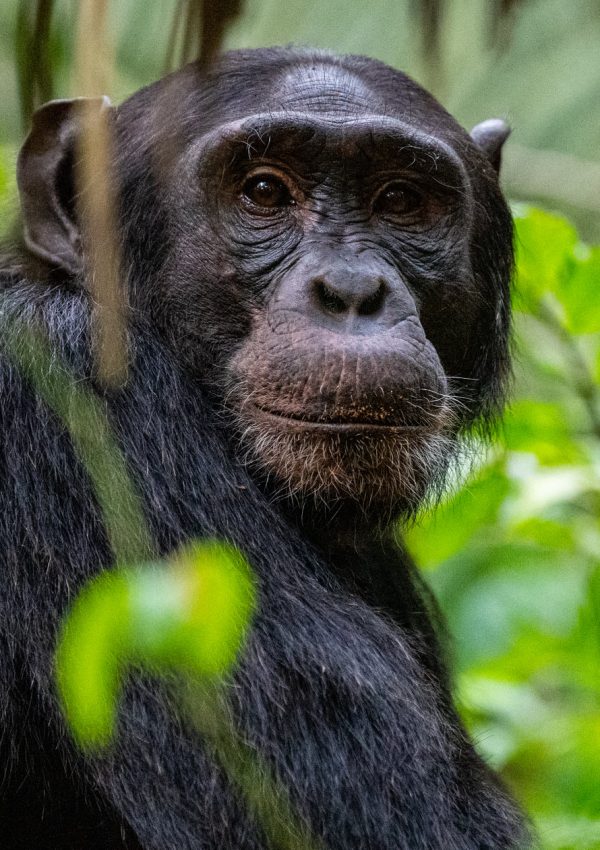Lets Get The New Experience Travelling With Us
+
Rwandan Destinations
Travel with us and explore the best of your experience.
Popular Tours & Safaris
All our tours and safaris are unique and on a budget.
Akagera N.P Day Trip
Kibeho Pilgrimage Safari
Rwanda Primate Adventure

About Us
WHY TRAVEL WITH GRAZIA TOURS & SAFARIS?
Grazia Tours & Safaris is your trusted and reliable ground tour operator based in Kigali-Rwanda. We pride ourselves as a premier travel company in East Africa specializing in organizing unforgettable mountain gorilla trekking safaris to Volcanoes National Park and other wildlife safaris in Rwanda. At Grazia Tours & Safaris , we don’t restrict visitor exploration because we avail you a great opportunity to discover iconic tourist sites that make Rwanda one of Africa’s premier safari destination. We are a fully registered and recognized tour company which makes us the genuine service provider, a good reason most travelers have considered us for their travel needs.
Best Rwandan Travel Guide Agency Services
We are striving and working hard to provide our clients the best travel experience while enjoying their stay in the land of a Thousand hills.
Nature Adventures Guide
World Travelling Destination

At Grazia Tours & Safaris, we are focused on making the best travel experience in the land of a Thousand hills.
Popular Destination
Head Quarter Address
Kimihurura, Kigali-Rwanda, Grazia apartment hotel
